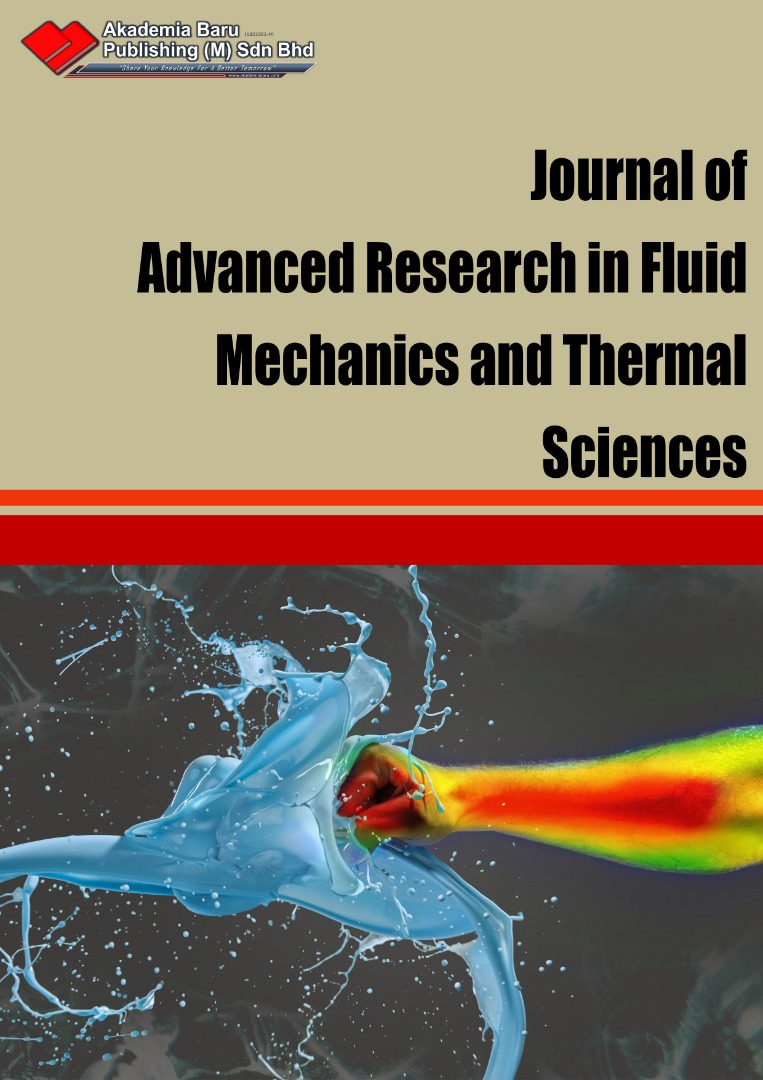Effect of Volume Fraction on the Performance and Separation Efficiency of a De-oiling Hydrocyclone
Keywords:
hydrocyclone, CFD, Eulerian- Eulerian, RNG k-εAbstract
The flow behaviour in hydro-cyclone is quite complex. The complexity of fluid flow in the cyclone is due to the fact that flow in a cyclone is a swirling turbulent multiphase flow. This paper presents a numerical investigation on the effect of volume fraction (% of phase 2-oilto the total inlet flow-water + oil-, by volume) on the liquid–liquid hydro-cyclone performance. A mathematical model for the two components of flow is developed using the RNG k-? model, and employing the Eulerian– Eulerian approach. The flow features were examined in terms of flow field velocity (axial, radial and tangential), pressure drop and separation efficiency. Results indicate that on increasing the volume fraction the static pressure increases, the axial velocity decreases, the radial velocity decreases, and the tangential velocity has almost unaltered. In addition, the separation efficiency is affected by the volume fraction. The increase of volume fraction increases the separation efficiency. However, increasing the volume fraction leads to increase in the separated part of phase 1 (water) and decrease the separated part of phase 2 (oil).












